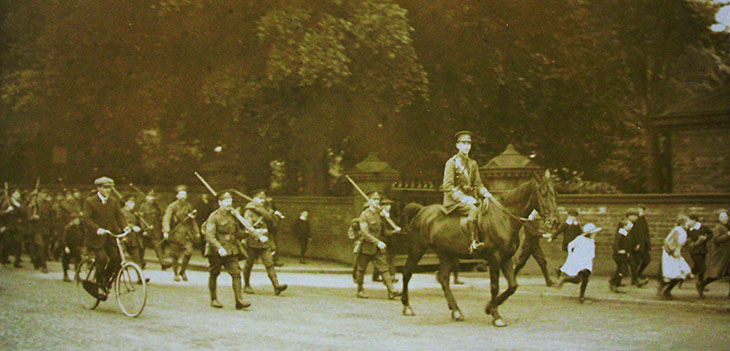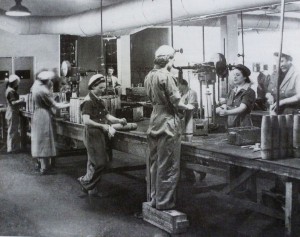
According to History of Lancashire volume 6 published in 1911, Chorley was first mentioned in 1251 and a borough existed in the 13th century.
The borough, however, does not seem to have made any advance towards independence, though the lordship of the manor was divided and the lords absentees.
Known as “Lancashire’s Market Town”, the grant of a market and fair does not seem to have been preserved, but in 1498 local landowners were summoned to show by what right they claimed a market in Chorley every Tuesday.
With the progress of manufacturing in the 18th century, Chorley began to grow in importance and population. Though it became an independent parish in 1793, the old-fashioned government by a constable and assistants continued until 1853, when a Board of Improvement Commissioners was formed. In 1881, a charter of incorporation for the Borough was obtained. Some eighty or so years under the Local Government Act of 1972 it became the core of a new Borough on the 1st April 1974.
Situated on one of the chief roads to the north, Chorley must often have witnessed soldiers on the march, but the first recorded act of warfare was in the Civil War back in 1643. However local villages such as Brindle supplied Bowmen to fight the Scots at Flodden in 1513 and men from the town and surrounding area would have been part of local militia over the centuries.
Pension records held at the Royal Hospital Chelsea for many years recorded local men fighting at Waterloo and in the Crimea during the 19th century.
Three companies of the Volunteer Battalion of the Loyal North Lancashire Regiment were formed in 1883, and a battery of the 3rd Lancashire Royal Garrison Artillery (Volunteers) also existed; a contingent fought in the Boer War (1900 – 1902). Under the new Territorial system in 1908 the former became respectively two companies of the Loyal North Lancashire Regiment and half a battery of the 11th Brigade Royal Field Artillery.
At the outbreak of the First World War in 1914, the ‘Chorley Terriers’ - around 200 local men of the Loyal North Lancashire Regiment [see picture top] - were called up and a few months later a similar number formed a ‘Pals’ Company – the Chorley Pals. Several thousand men were in uniform during the Great War (1914 – 1918) and again in the Second World War (1939 – 1945).
From 1945 to 1963, many men served for two years as National Servicemen whilst regulars and reservists saw action in conflicts such as Korea, the Suez Canal, Cyprus and Malaya. In modern times, local men served in the Falklands, Bosnia, Iraq and Afghanistan.
Civilians also played their part in the military history of the town, with many working in the Royal Ordnance Factory at Euxton from the late 1930s until 2007.




